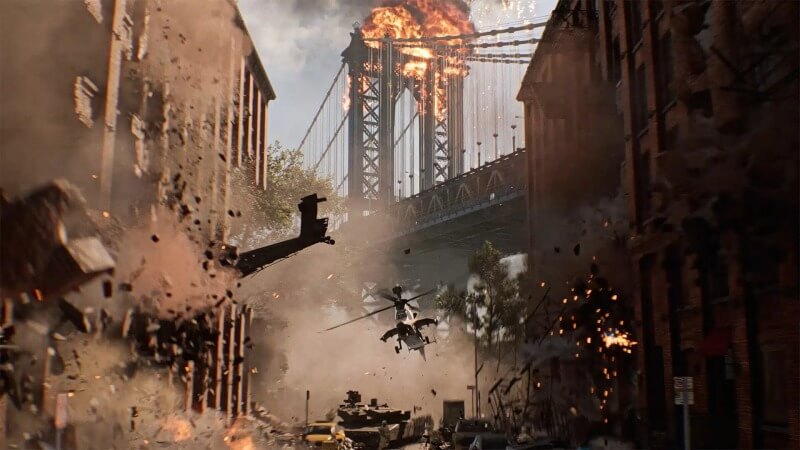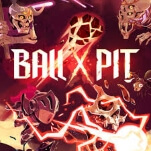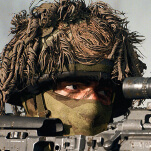Battlefield 6 Looks like the State of the Art in Jingoism and Propaganda

Battlefield 6‘s ambitions feel all over the place. On one hand, it is trying to recapture the fervor of a time and place when the series was celebrated and on the up and up. It seems deliberately positioned by its developers as the true successor to the series’ heyday, which captured my love (and certainly way too much of my time) as well as that of countless others. On the other hand, its returning single-player campaign is already looking like a relic, and one that positions Battlefield 6 as the inheritor of an entirely different legacy in FPS military games: a peddler of propaganda and half-truths.
If I were to be brief about it, I’d say that Battlefield 6 currently feels ill-equipped to meet this moment. Why? Well, let’s look at it concept: in 2027, NATO is under attack from a foreign power known as Pax Armata, which capitalizes on a power vacuum left by the secession of a number of European countries from the former alliance. It is implied that some of these countries, including France, turned to this new paramilitary company, which evidently seeks to assert its power and vision through conflict—after all, the name Pax Armata does roughly translate to “peace through force.” The ensuing conflict sees attacks carried out on NATO bases, assassinations on its officials, and the pièce de résistance, an invasion on American soil.
It is, in other words, fantasy—one that appears to revel in theatrics with familiar, all-too-close-to-home tensions and imagery, not to mention a deeply reckless tone, in order to propagate a certain mythology of this country that obfuscates its real standing in the world as a consequence.
It is not that NATO lacks for shortcomings and/or outside pressures in reality, though it is simply rich to see a game postulating about a future where the U.S is working to preserve it considering the very real threats issued by the very current and very real American president to leave the alliance. And it isn’t like we’re lacking for politically motivated assassinations or otherwise close calls. These tenets of Battlefield 6 are, for the most part, rooted in real-life geopolitical anxieties. But the thing that it is all in service to, at least as far as Battlefield’s campaign is concerned, is a farce.
-

-

-

-

-

-

-

-

-

-

-

-

-

-

-

-

-

-

-

-

-

-

-

-

-

-

-

-

-

-

-

-

-

-

-

-

-

-

-

-








































